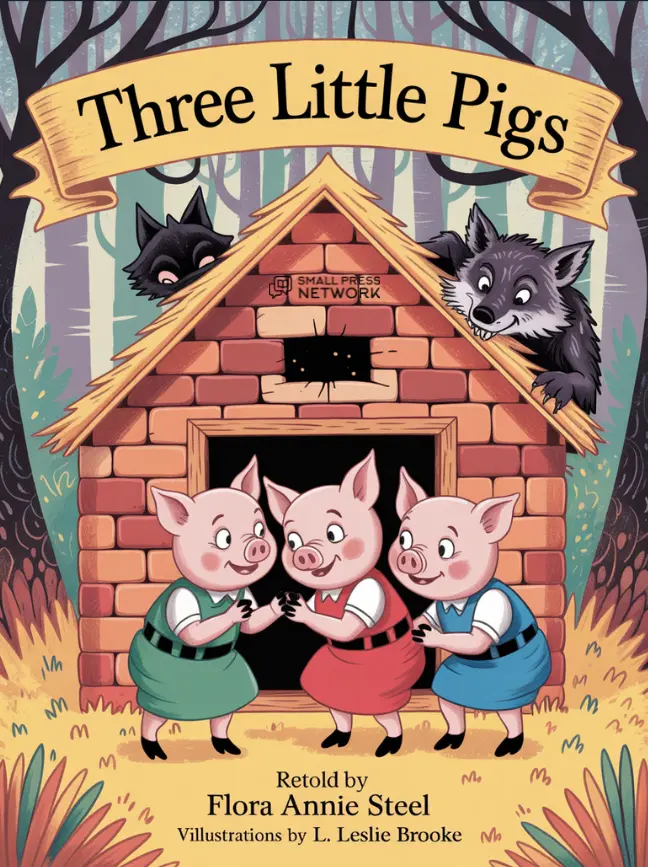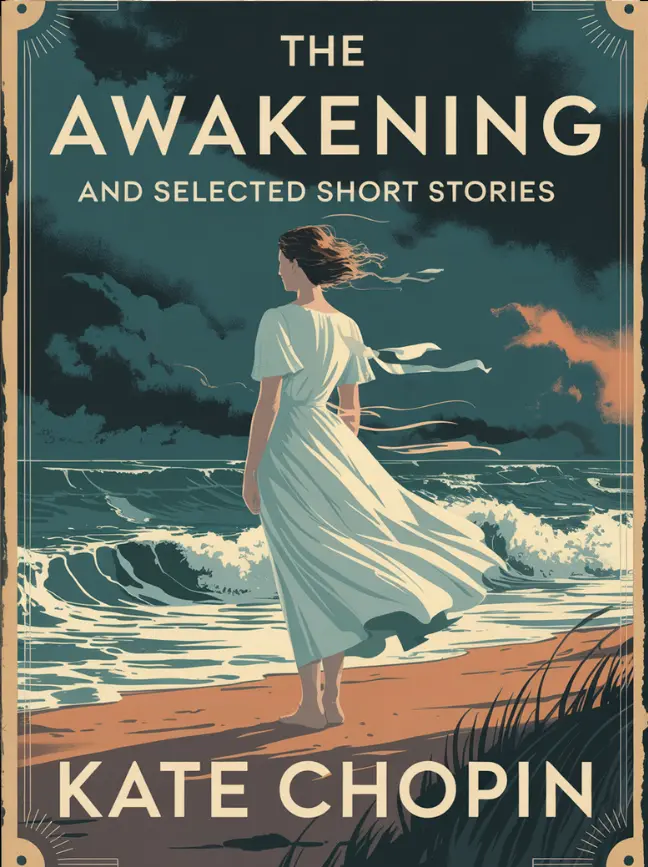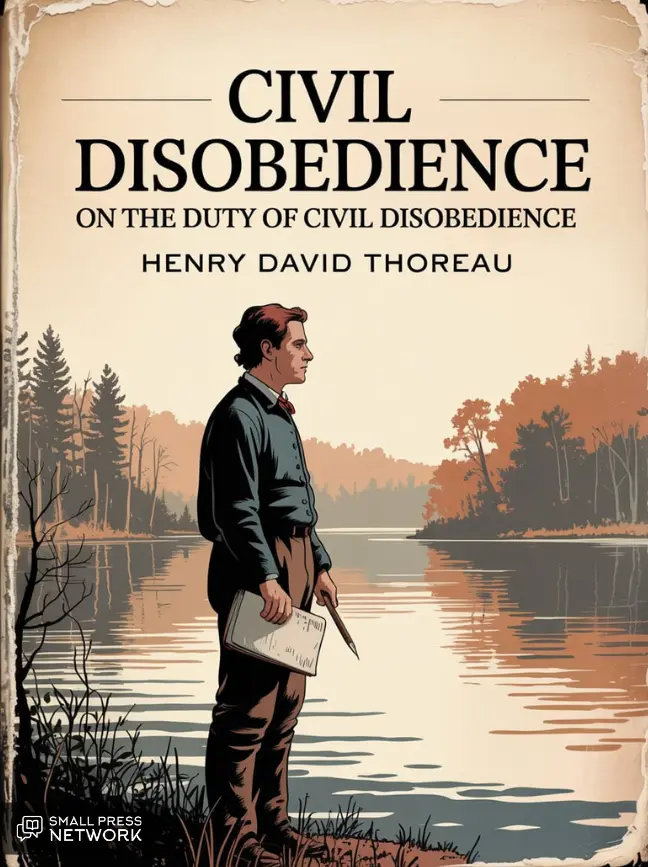440
Chapter XXVI
In the middle of the summer Princess Mary received an unexpected letter from Prince Andrew in Switzerland in which he gave her strange and surprising news. He informed her of his engagement to Natásha Rostóva. The whole letter breathed loving rapture for his betrothed and tender and confiding affection for his sister. He wrote that he had never loved as he did now and that only now did he understand and know what life was. He asked his sister to forgive him for not having told her of his resolve when he had last visited Bald Hills, though he had spoken of it to his father. He had not done so for fear Princess Mary should ask her father to give his consent, irritating him and having to bear the brunt of his displeasure without attaining her object. “Besides,” he wrote, “the matter was not then so definitely settled as it is now. My father then insisted on a delay of a year and now already six months, half of that period, have passed, and my resolution is firmer than ever. If the doctors did not keep me here at the spas I should be back in Russia, but as it is I have to postpone my return for three months. You know me and my relations with Father. I want nothing from him. I have been and always shall be independent; but to go against his will and arouse his anger, now that he may perhaps remain with us such a short time, would destroy half my happiness.
I am now writing to him about the same question, and beg you to choose a good moment to hand him the letter and to let me know how he looks at the whole matter and whether there is hope that he may consent to reduce the term by four months.”
After long hesitations, doubts, and prayers, Princess Mary gave the letter to her father. The next day the old prince said to her quietly: “Write and tell your brother to wait till I am dead…. It won’t be long—I shall soon set him free.”
The princess was about to reply, but her father would not let her speak and, raising his voice more and more, cried: “Marry, marry, my boy!… A good family!… Clever people, eh? Rich, eh? Yes, a nice stepmother little Nicholas will have! Write and tell him that he may marry tomorrow if he likes. She will be little Nicholas’ stepmother and I’ll marry Bourienne!… Ha, ha, ha! He mustn’t be without a stepmother either! Only one thing, no more women are wanted in my house—let him marry and live by himself. Perhaps you will go and live with him too?” he added, turning to Princess Mary. “Go in heaven’s name! Go out into the frost… the frost… the frost!”
After this outburst the prince did not speak any more about the matter. But repressed vexation at his son’s poor-spirited behavior found expression in his treatment of his daughter. To his former pretexts for irony a fresh one was now added—allusions to stepmothers and amiabilities to Mademoiselle Bourienne.
“Why shouldn’t I marry her?” he asked his daughter. “She’ll make a splendid princess!”
And latterly, to her surprise and bewilderment, Princess Mary noticed that her father was really associating more and more with the Frenchwoman. She wrote to Prince Andrew about the reception of his letter, but comforted him with hopes of reconciling their father to the idea.
Little Nicholas and his education, her brother Andrew, and religion were Princess Mary’s joys and consolations; but besides that, since everyone must have personal hopes, Princess Mary in the profoundest depths of her heart had a hidden dream and hope that supplied the
441
chief consolation of her life. This comforting dream and hope were given her by God’s folk— the half-witted and other pilgrims who visited her without the prince’s knowledge. The longer she lived, the more experience and observation she had of life, the greater was her wonder at the short-sightedness of men who seek enjoyment and happiness here on earth: toiling, suffering, struggling, and harming one another, to obtain that impossible, visionary, sinful happiness. Prince Andrew had loved his wife, she died, but that was not enough: he wanted to bind his happiness to another woman. Her father objected to this because he wanted a more distinguished and wealthier match for Andrew. And they all struggled and suffered and tormented one another and injured their souls, their eternal souls, for the attainment of benefits which endure but for an instant. Not only do we know this ourselves, but Christ, the Son of God, came down to earth and told us that this life is but for a moment and is a probation; yet we cling to it and think to find happiness in it. “How is it that no one realizes this?” thought Princess Mary. “No one except these despised God’s folk who, wallet on back, come to me by the back door, afraid of being seen by the prince, not for fear of ill-usage by him but for fear of causing him to sin. To leave family, home, and all the cares of worldly welfare, in order without clinging to anything to wander in hempen rags from place to place under an assumed name, doing no one any harm but praying for all—for those who drive one away as well as for those who protect one: higher than that life and truth there is no life or truth!”
There was one pilgrim, a quiet pockmarked little woman of fifty called Theodosia, who for over thirty years had gone about barefoot and worn heavy chains. Princess Mary was particularly fond of her. Once, when in a room with a lamp dimly lit before the icon Theodosia was talking of her life, the thought that Theodosia alone had found the true path of life suddenly came to Princess Mary with such force that she resolved to become a pilgrim herself. When Theodosia had gone to sleep Princess Mary thought about this for a long time, and at last made up her mind that, strange as it might seem, she must go on a pilgrimage. She disclosed this thought to no one but to her confessor, Father Akínfi, the monk, and he approved of her intention. Under guise of a present for the pilgrims, Princess Mary prepared a pilgrim’s complete costume for herself: a coarse smock, bast shoes, a rough coat, and a black kerchief. Often, approaching the chest of drawers containing this secret treasure, Princess Mary paused, uncertain whether the time had not already come to put her project into execution.
Often, listening to the pilgrims’ tales, she was so stimulated by their simple speech, mechanical to them but to her so full of deep meaning, that several times she was on the point of abandoning everything and running away from home. In imagination she already pictured herself by Theodosia’s side, dressed in coarse rags, walking with a staff, a wallet on her back, along the dusty road, directing her wanderings from one saint’s shrine to another, free from envy, earthly love, or desire, and reaching at last the place where there is no more sorrow or sighing, but eternal joy and bliss.
“I shall come to a place and pray there, and before having time to get used to it or getting to love it, I shall go farther. I will go on till my legs fail, and I’ll lie down and die somewhere, and shall at last reach that eternal, quiet haven, where there is neither sorrow nor sighing…” thought Princess Mary.
But afterwards, when she saw her father and especially little Koko (Nicholas), her resolve weakened. She wept quietly, and felt that she was a sinner who loved her father and little nephew more than God.





